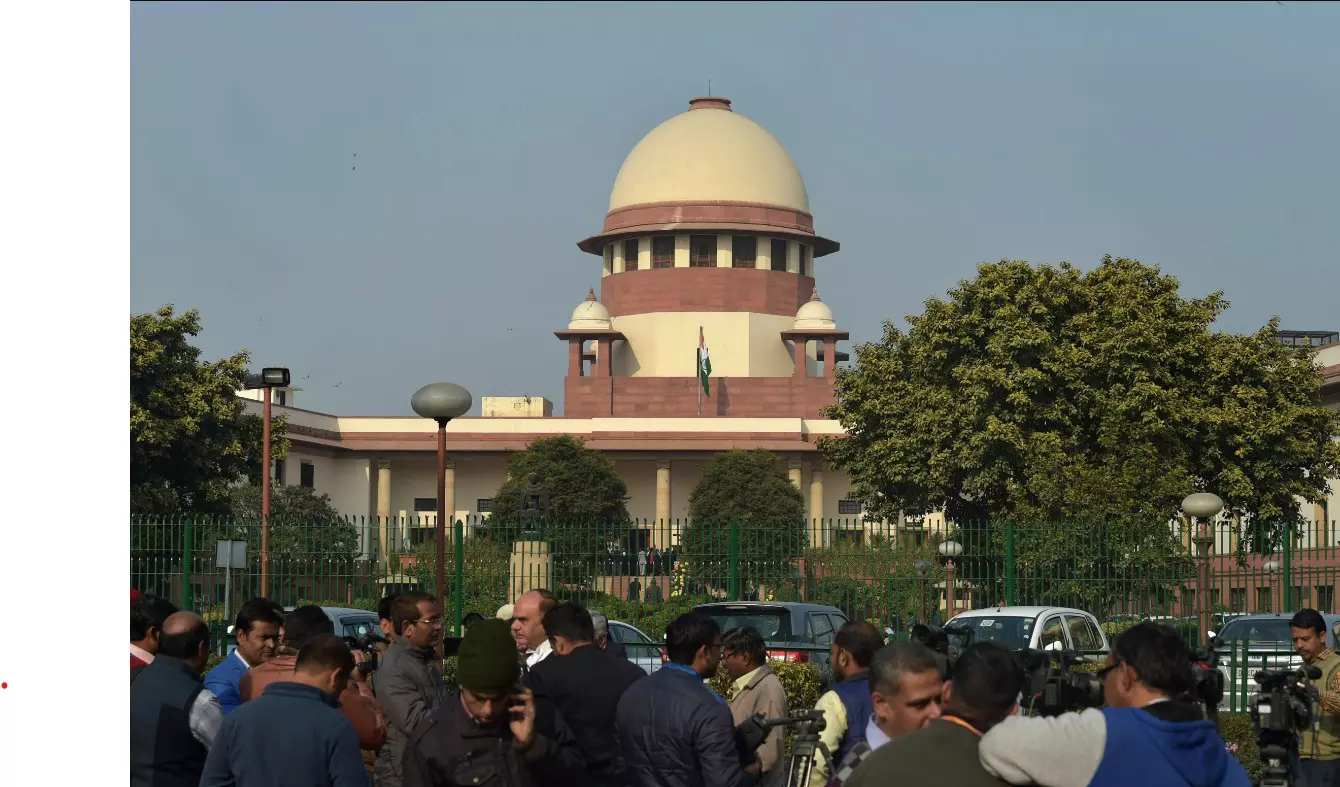SC allows manufacturing unit's closure, orders Rs 15 crore ex-gratia for workers

New Delhi (PTI): The Supreme Court on Wednesday allowed the closure of a unit manufacturing biscuits for Britannia Industries Limited (BIL) for over three decades by overruling a Bombay High Court verdict.
Justices Sanjay Karol and Prashant Kumar Mishra passed the verdict on an appeal of Harinagar Sugar Mills Ltd (HSML) against the high court's February 17, 2023 order.
While HSML initially offered Rs 10 crore as a goodwill gesture to its employees, the court enhanced this amount to Rs 15 crore and ordered its payment within eight weeks.
“Considering that some of the employees may be, with the closure of this concern, losing the only job they have known and still others would be, for no fault of their own, rendered unemployed, we appreciate the gesture made by HSML. Such a statement is taken on record," the court said.
Senior advocate Mukul Rohtagi, appearing for HSML, had left it to the court to decide on the enhancement.
“We deem it just and proper to further enhance the appellants’ offer by a sum of Rs 5 crore, thus, making it Rs 15 crore instead of Rs 10 crore, as mentioned in our order... Let the amount be released forthwith, as per their entitlement, in favour of the employees and, in any case, not later than eight weeks from the date of the judgment,” it said.
HSML was engaged in biscuit manufacturing exclusively for BIL for over three decades under successive job work agreements and the latest agreement of May 22, 2007 was terminated by BIL with effect from November 20, 2019, following a six-month notice period.
In response, HSML applied for closure of its operations under Section 25-O of the Industrial Disputes Act, 1947, submitting the application on August 28, 2019, and notifying its workers shortly thereafter.
The case reached the Bombay High Court through petitions after the Maharashtra State Government allegedly failed to respond to the closure application within the statutory period.
The state government said that a letter of September 25, 2019, amounted to a refusal of permission.
HSML contended that the delay triggered the deemed approval clause under the relevant provision of the Industrial Disputes Act.
Justice Karol, who authored the verdict, considered whether the state government’s communication of September 25, 2019, qualified as a valid refusal order under the Industrial Disputes Act.
The bench also dealt with the question whether the deputy secretary, who issued the communication, was legally empowered to do so.
The verdict ruled in favour of HSML and held that the letter of September 25, 2019 did not constitute a valid or reasoned order of refusal as mandated by law.
The deputy secretary, it held, was not the 'appropriate government' under the Act, and had no authority to seek resubmission or revision of the closure application.
The bench then held since no valid order was passed within 60 days of the application, permission to close must be deemed granted, effective from October 27, 2019.
“We hold that the application dated August 28, 2019 was complete in all respects, and the 60-day period for the deemed closure to take effect would be calculable from said date," it said.
Secondly, the deputy secretary was not the appropriate government who could have asked HSML to revise and resubmit the application for closure as the authority was only vested with the minister concerned, it said. "The minister did not, even in the slightest, consider the merits of the matter independently, much less with or without any application of mind. Subdelegation to the officer was not permitted by law, and, therefore, any communication made by him would be without any legal sanction,” the verdict said.
The bench reiterated the constitutional right to trade and business under Article 19(1)(g) and closures must still adhere to statutory procedures that safeguard public interest and employee rights.
The bench acknowledged the humanitarian aspect of the case and appreciated HSML’s willingness to provide additional compensation.
The amount was ordered to be disbursed among the affected employees within eight weeks from the date of the judgment.



